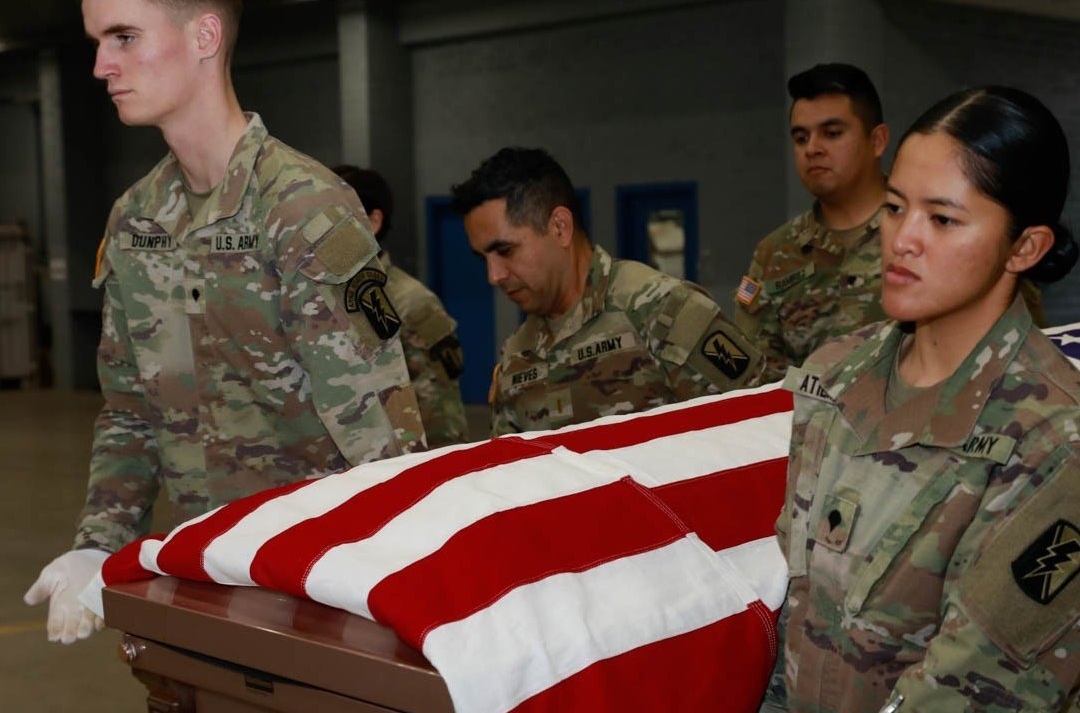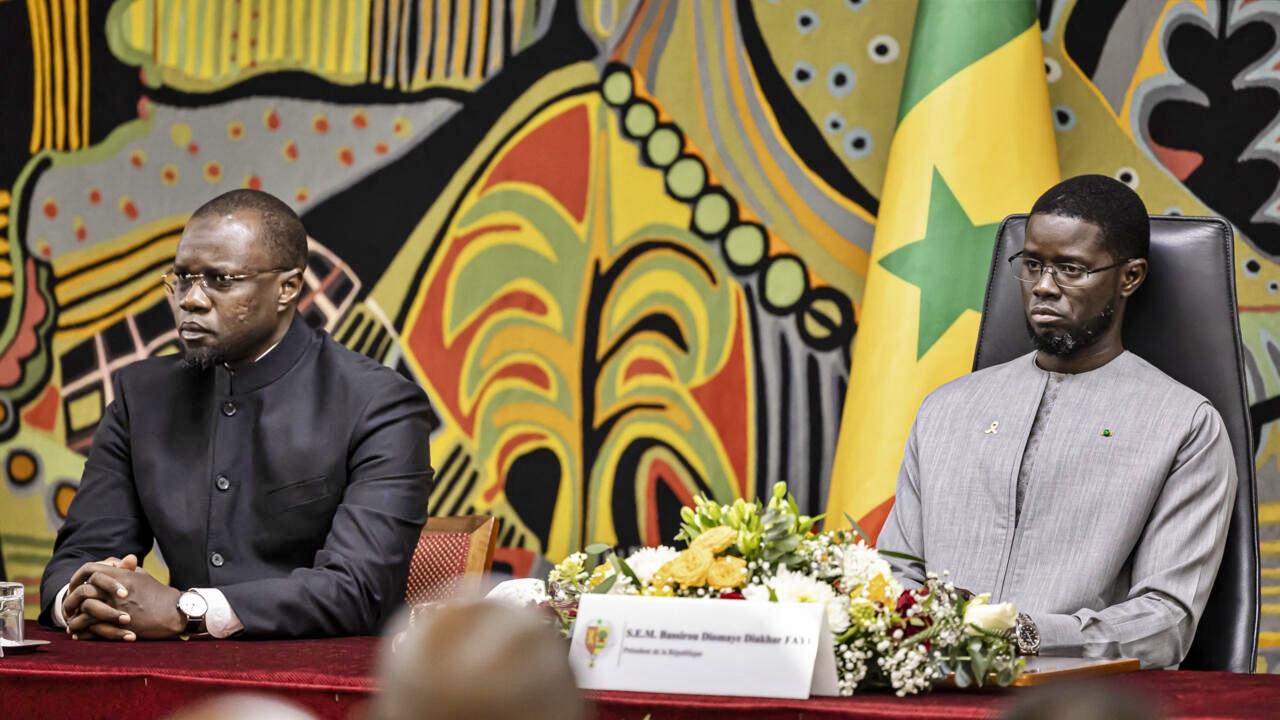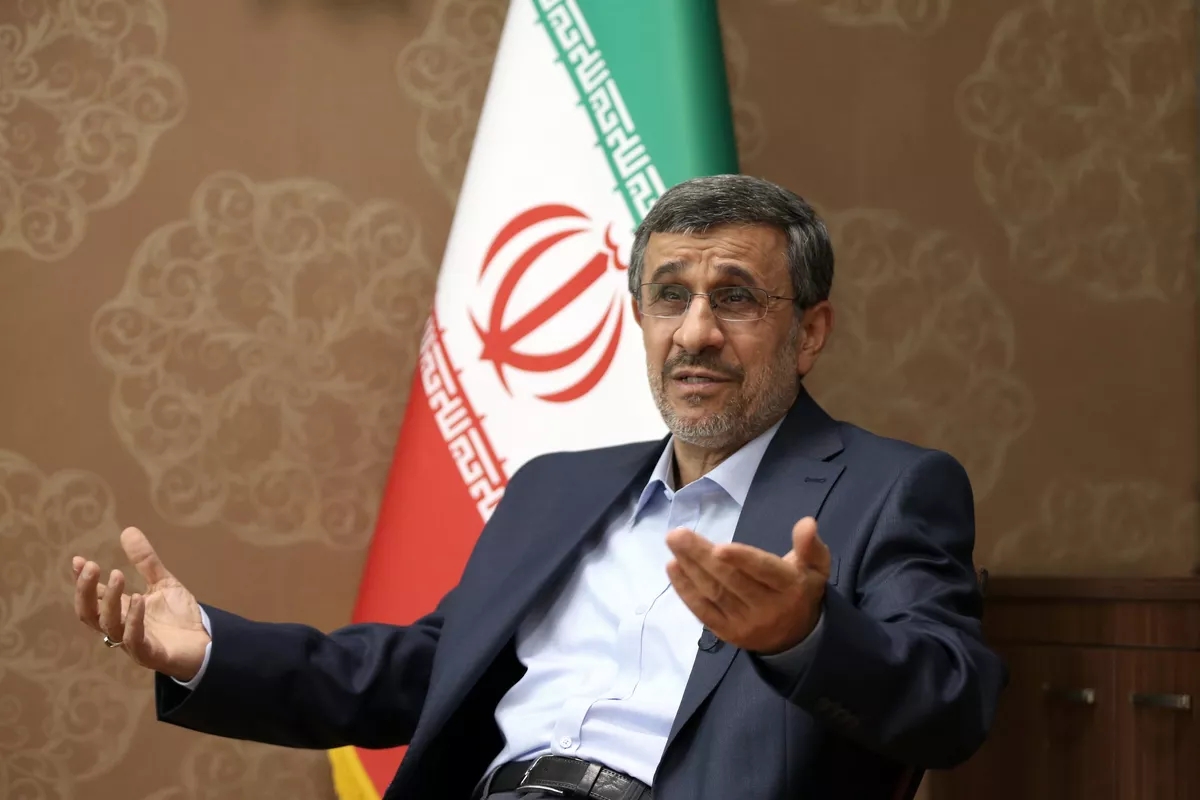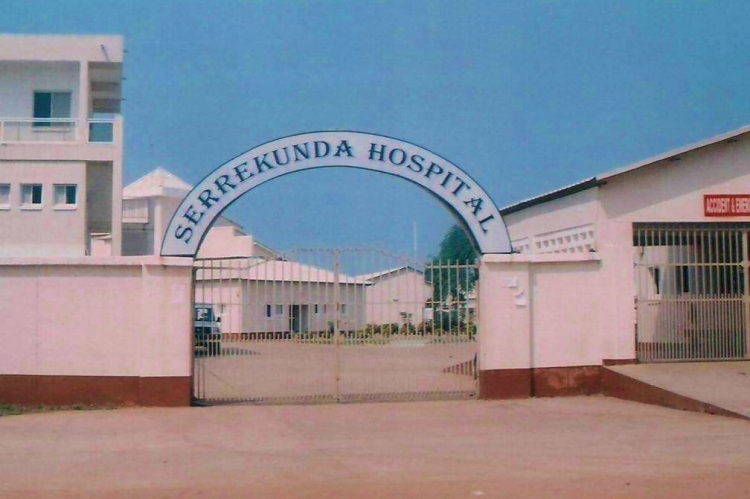Gambiaj.com – (BANJUl, The Gambia) – Kanifing General Hospital, the second-largest and busiest health facility in The Gambia, has commissioned a new 19-bed Accident and Emergency Ward valued at D4.3 million, aimed at addressing the hospital’s longstanding struggle to treat accident victims.
Despite serving a catchment population of over 600,000 people, the hospital—established in 2010 to meet growing healthcare demand in Serekunda and its environs—has faced critical space constraints and resource challenges in responding to emergency cases.
Hospital records show an annual outpatient attendance exceeding 200,000 patients, with more than 85,000 accident cases and over 6,000 births each year.
Yet, the lack of a dedicated and adequately equipped emergency facility has severely limited the hospital’s capacity to treat trauma patients effectively.
In response, the hospital management undertook a self-funded initiative to construct a new emergency ward to ease the burden on staff and improve patient care. The facility was officially inaugurated on August 5, 2025.
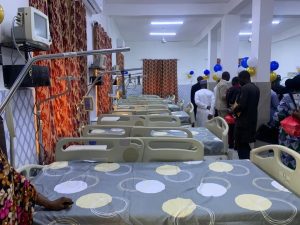
Speaking at the inauguration, Basiru Drammeh, Chief Executive Officer of Kanifing General Hospital, described the commissioning of the new ward as more than a ceremonial event—it was a reaffirmation of the hospital’s commitment to delivering quality, accessible, and affordable healthcare to all Gambians.
“Emergencies often strike without warning, and our institutions must be adequately prepared in design, personnel, and equipment to respond effectively,” Drammeh said. He pledged the hospital’s full dedication to meeting the needs of patients and the wider community.
Drammeh noted that the new ward would not only enhance the safety and comfort of both patients and staff but also ensure that emergency cases are treated with the urgency and care they deserve.
“In the past, due to limited space, we were forced to refer patients to higher-level facilities—and in some cases, patients were even admitted under trees,” he revealed. “This new department is a beacon of hope for the people of Serekunda and beyond.”
The project was entirely funded by the hospital, with no external financial support. It was made possible through resources generated by the now-defunct Results-Based Financing (RBF) Project previously implemented at the facility.
The Minister of Health, Dr. Ahmadou Lamin Samateh, lauded the hospital’s management and staff for their initiative and leadership in addressing a critical need through local resource mobilization.



